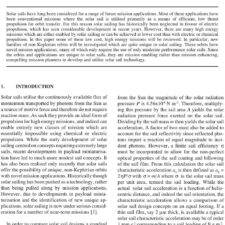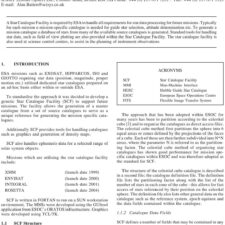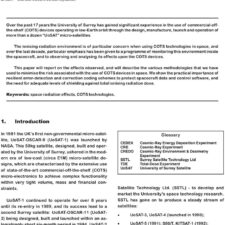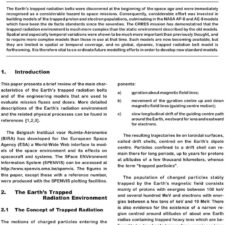An Examination Of Altitude Compensation Through Idealised Nozzles and Trajectories
£5.00
N. Taylor (2009), JBIS, 62, 69-75
Refcode: 2009.62.69
Abstract:
This paper presents an analysis of the impact of applying altitude compensating nozzles to two representative vehicles. The first is the Space Shuttle, typical of modern high performance systems that operate a single propulsive unit from sea level to vacuum, and the second is Reaction Engines Limited Skylon spaceplane, representative of advanced single stage to orbit concepts. A general investigation of advanced nozzle concepts is provided by one dimensional analysis, using ideal and non- ideal compensating, and non-compensating nozzles. The effect of imperfect compensation (resulting in lower effective exit pressures than ambient) on altitude compensating nozzles is analysed, as is the removal of the restriction on maximum area ratio, made possible by these devices. A simplified trajectory analysis is used to reduce the complexity of the process and maintain generality. Although the use of a fixed trajectory for all nozzles means that some fidelity to the real world is lost, particularly as the area ratio or compensation efficiency is increased, the results qualitatively demonstrate that the impact of compensation efficiency is relatively small compared to that of the removal of the limitation on area ratio. This is particularly true for Shuttle type trajectories, where the vehicle leaves the atmosphere as rapidly as possible. The increase in payload estimated by the current analysis is significant, in some cases being over 25%. Although practical considerations not included mean that the increase in payload realistically feasible will not be as large as this, even a relatively small fraction of this value still represents an attractive proposition, and demonstrates that compensating nozzles provide a promising route to lowering launch costs per kilogramme. This is particularly the case if, as is implied by these results, the actual compensating pressure is not particularly important.





